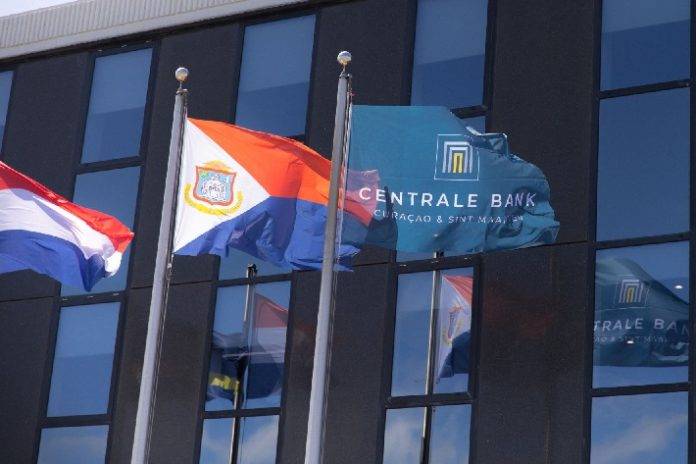Reliable and timely statistics are fundamental for central bank policymaking
WILLEMSTAD / PHILIPSBURG – On April 25, 2023, the Centrale Bank van Curaçao en Sint Maarten (CBCS) hosted a statistics symposium and round table titled Reliable and Timely Statistics: Overcoming Common Data Quality Challenges. “Reliable and timely statistics are at the heart of effective decision-making and are fundamental to several stages of modern central bank policymaking”, stated CBCS’s Monetary Policy, Economics & Statistics Manager Eric Matto in his opening remarks. “This applies to monetary policy, financial stability, supervision, and payment systems—all mandates of the CBCS”, he added.
The CBCS hosted the event in its endeavor to gather high-quality statistics to make well informed decisions regarding the macro economy and financial and payment systems. The CBCS also shares these statistics in aggregated form with local and international data users to support their decision-making process. However, this cannot be achieved without the collaboration of all the data providers. “We thank you all for your continued commitment and dedication in submitting reliable and timely data and for your trust and confidence in the CBCS’s statistics”, stated Matto.
The symposium consisted of four presentations. The first presentation titled From Data to Analytics: Advances in Modern Era by Dr. Shekinah Dare and Ghyslaine Rollocks-Petrona of the Data & Statistics Department discussed the importance of data in general and the benefits of data for the communities of Curaçao and Sint Maarten. They explained how the balance of payments statistics are compiled and how a transaction description for an online cross-border transfer has an impact on the results of these statistics.
The second presentation Statistics: The Lifeline for Economic Analysis & Research was delivered by Candice Henriquez and Reggie Martes of the Economic Analysis & Research Department. They elaborated on how statistics support their analyses on the financial and economic developments, (empirical) research, and the monetary policy decision-making of the CBCS. They also highlighted the importance of economic analyses to support monetary, fiscal, and economic policies and, at the same time, to contribute to the information sharing, dialogue, and consultation efforts of the International Monetary Fund and the World Bank.
The following presentation Building Greater Resilience in the Financial Sector by Ryan Prince and Monique Thijn-Baank of the Macro-Prudential Policy & Financial Architecture Department
explained how data provide insights into aspects such as credit growth for the banking sector, the aggregated financial stability index, and banking soundness indicators. With fictitious data they simulated a stress-testing scenario to illustrate how the CBCS monitors the performance of banks under drastic adverse conditions.
The final presentation, The Benefits of the Use of Data for Innovation and Further Developments of our Payment Systems was delivered by Luzmary Silië-Eleonora of the Payments Department. She asserted different studies that have been carried out over the past years. Research on financial inclusion showed that Curaçao and Sint Maarten have a considerably larger number of credit cards in circulation compared to other countries in the Caribbean. This research also disclosed that cash is the preferred payment method in both countries despite several digital payment alternatives.
In the afternoon, a select group of participants joined the round table to ask more in-depth questions and provide additional feedback.
All the presentations are available on the CBCS website at https://www.centralbank.cw/publications/speeches-presentations.






























